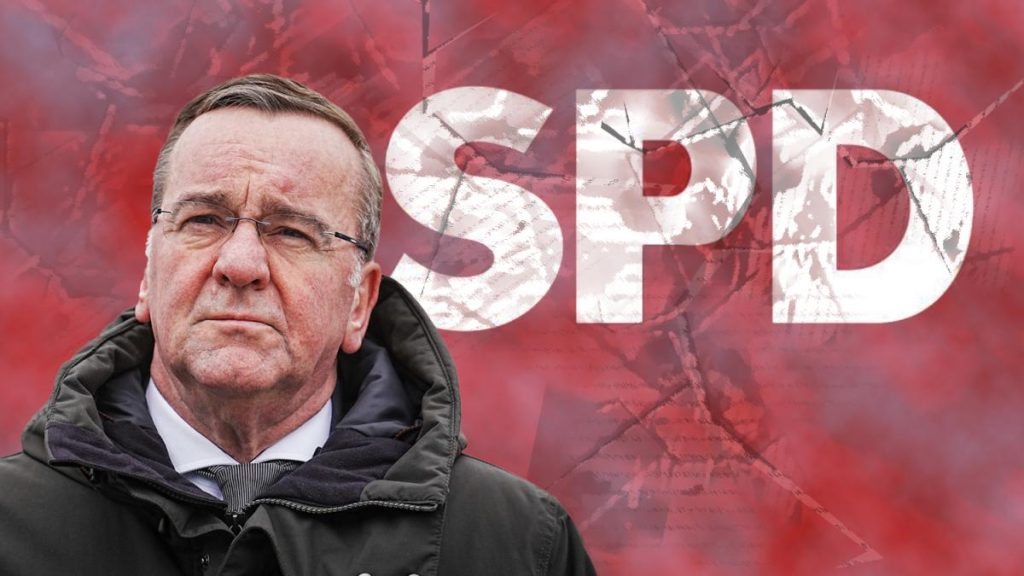The Ministry of Defense was apparently pleased with the ZDF. For months, a team from the public broadcaster had exclusive access to the head of the ministry: on trips, in conversations, through contacts with close associates of Boris Pistorius (SPD). The result was praised by the ministry’s public relations team on Tuesday on the social network X as a TV tip. The portrayal highlighted Pistorius as determined, pragmatic, and a friend of clear words. However, questions on politically relevant topics were left unasked. For example, when Pistorius mentioned a phone call from the Chancellor offering him the Defense Minister position without specifying the assurances he requested. The issue of finances remained unclear, with Scholz not providing any additional funds for the Ministry of Defense.
In the next budget, Pistorius is requesting an additional 6.7 billion euros. During a meeting of the Defense Committee, General Lieutenant Gert Nultsch, head of planning at the ministry, revealed the costs for Pistorius’ favorite project, a permanently stationed brigade in Lithuania. The minister had announced the deployment without financial backing, and it is now apparent that an additional eleven billion euros are needed for the project. This has sparked criticism from various quarters, with concerns raised about potential cost overruns and the danger of a halt in training activities.
The issue of the Combat Training Center is also causing a stir. The Center in Saxony-Anhalt is crucial for the combat readiness of the Bundeswehr, with differing opinions on its management arising. While the SPD favors the Center being operated by the Bundeswehr directly, the Ministry of Defense argues that the current cooperation with the industry is more cost-effective. The ongoing debate has led to tensions within the coalition, with critics accusing Pistorius of failing to stand up to his party’s interests.
The Ministry of Defense is currently bound by the decision to nationalize the Combat Training Center by 2026, despite its belief in the cost-effectiveness of the current cooperation model. Efforts to overturn the decision have been unsuccessful, resulting in pressure on Pistorius to transition the Center to the Bundeswehr’s operation. The situation has sparked criticism from both the opposition and within the coalition, with concerns about the potential financial consequences and impact on the Bundeswehr’s combat readiness.
The Ministry is exploring options to avoid conflicts with the Federal Court of Audit over the Center’s management. A new economic feasibility study may be conducted to present a different outcome, and the creation of a new public operator to oversee the Center could potentially bypass a veto from Finance Minister Lindner. The challenges faced by Pistorius in navigating these issues point to a larger issue of effectiveness in managing the Ministry’s finances and operations. The portrayal of Pistorius as determined and pragmatic does not align with the current challenges he faces in securing resources for the Bundeswehr and addressing key operational issues.















